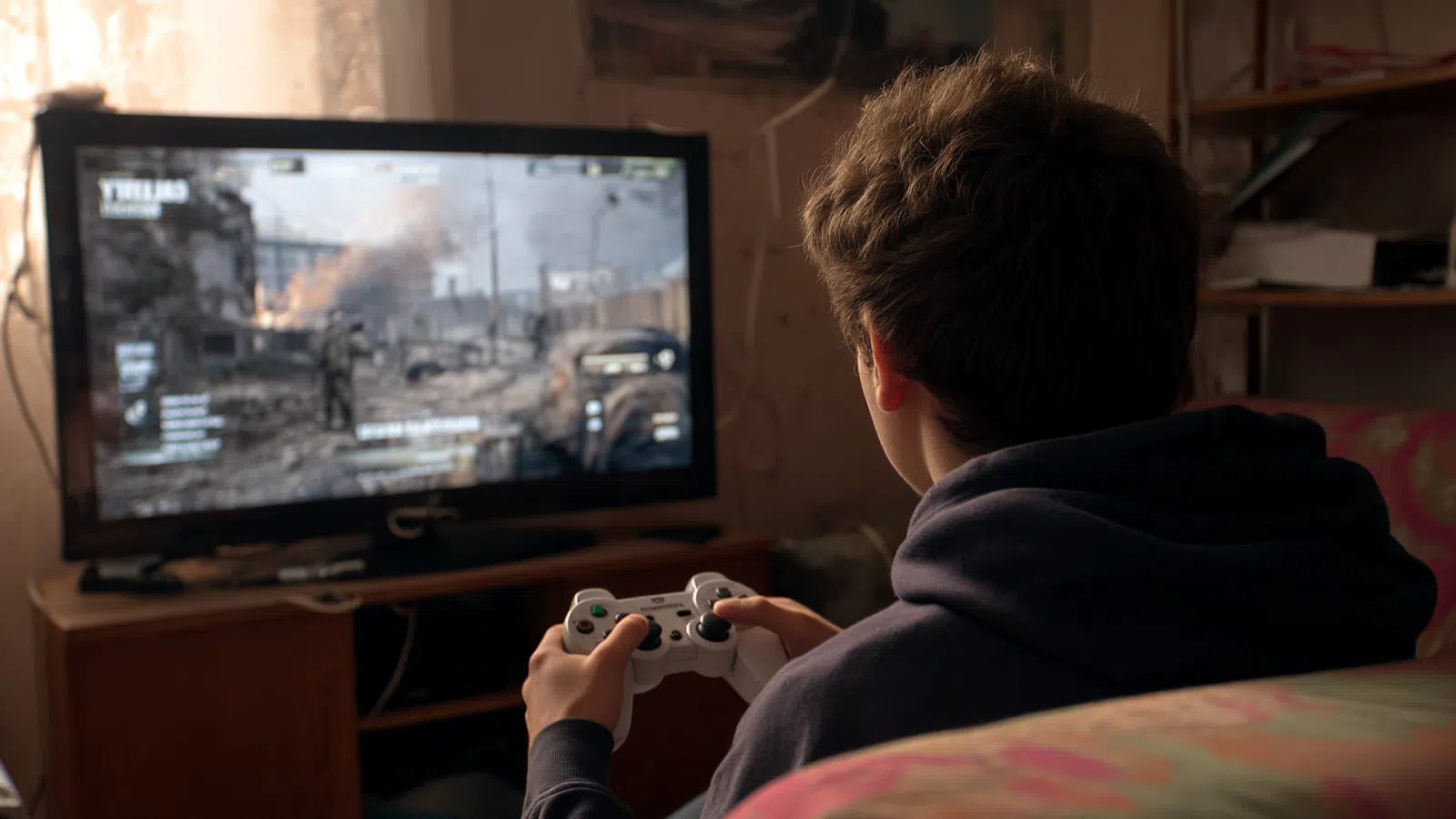Depo-Provera Lawsuit
Is Video Game Addiction Affecting You or Your Family?
A growing number of lawsuits are being filed that allege video games are purposely being designed to be addictive by some of the most well-known game developers and publishers. Attorneys are now seeking affected minors, young adults and family members whose mental health and quality of life have suffered as a result of gaming addiction.
If you or a loved one have lost quality of life due to this addiction, get in touch with us today. We can connect you with expert lawyers who will fight to get you compensation for suffering.


Get Your Free Legal Case Review.
How would this lawsuit work?
In a successful video game addiction lawsuit, affected gamers and their family members may recover the costs of medical care, such as therapy or medication; monetary losses; mental distress and more.
If you between 18 and 22 years old and became addicted to gaming, or if you have a child who is addicted, fill out our form to learn more about your eligibility. An attorney or legal representative who understands how such cases work may reach out to you directly via email or phone.


Get Compensation for the Injustice!
Have A Lawyer is a claimant acquisition firm dedicated to connecting plaintiffs seeking justice with experienced attorneys who can help them pursue compensation for the injustices they’ve endured.
Fill out the form above
Complete the simple form to send us the basics of your situation for evaluation.
Our experts review your case
We review your details to determine basic eligibility.

We contact you for further details
If your circumstances match lawsuit requirements, an expert will reach out for necessary information.
We assess your eligibility for the lawsuit
We confirm your status as an eligible claimant, ensuring a strong foundation for legal action.
We assist you in filing your case
We provide you the support to pursue justice and secure the compensation you deserve.
How exactly do games seek to addict young players?
Ongoing lawsuits examine the systems built into modern games, and how they specifically target–and encourage–impulsive and addictive behavior.
September, 2024
Kyung Lee, a 48-year-old woman who had been using Johnson & Johnson’s talcum powder for a long time, was diagnosed with mesothelioma. $260 million was expected from Johnson & Johnson after Lee won the talcum powder lawsuit.
September, 2024
Kyung Lee, a 48-year-old woman who had been using Johnson & Johnson’s talcum powder for a long time, was diagnosed with mesothelioma. $260 million was expected from Johnson & Johnson after Lee won the talcum powder lawsuit.
“Predatory Monetization”
Current video game addiction lawsuits give particular focus to “microtransactions,” where real money is spent on in-game items, upgrades, or content.
In some cases, these payments allow players to buy items that would otherwise be acquired by playing longer and becoming more skilled. Other games offer content that can only be obtained via microtransactions.
Many game developers use this economic model to wall off significant game content or make it extremely time-consuming or nearly impossible to advance without spending real money–gaining some games the label “pay-to-win.”
A crucial aspect of ongoing video game addiction lawsuits is that microtransactions rely on the impulsive behavior and peer pressure common to young gamers and developing brains. Some games may, for example, put a time limit on a particular item, pushing players to potentially make a rash decision to buy. Or young players may purchase in-game upgrades in order to be the first of their friends to have it.
Courting Addictive Behavior
It has also been alleged that some games go so far as to develop personalized psychological profiles of its players – such as in-game preferences, available money balance, and spending habits – to manipulate when and how paid offers are served, increasing the likelihood of the person making a purchase.
One popular microtransaction is something called a “loot box,” an in-game reward that can be purchased repeatedly to obtain a random assortment of items. Loot boxes have been compared to a lottery or scratch-off card, where players repeatedly spend to gamble on the extremely low probability of obtaining rare items. This structure is seen as a hook that keeps young players endlessly chasing–and spending–without an understanding of the odds they face or the behavior they may be developing.
Contact Us Today
If you have questions about this or any lawsuit, get in touch with us today.

